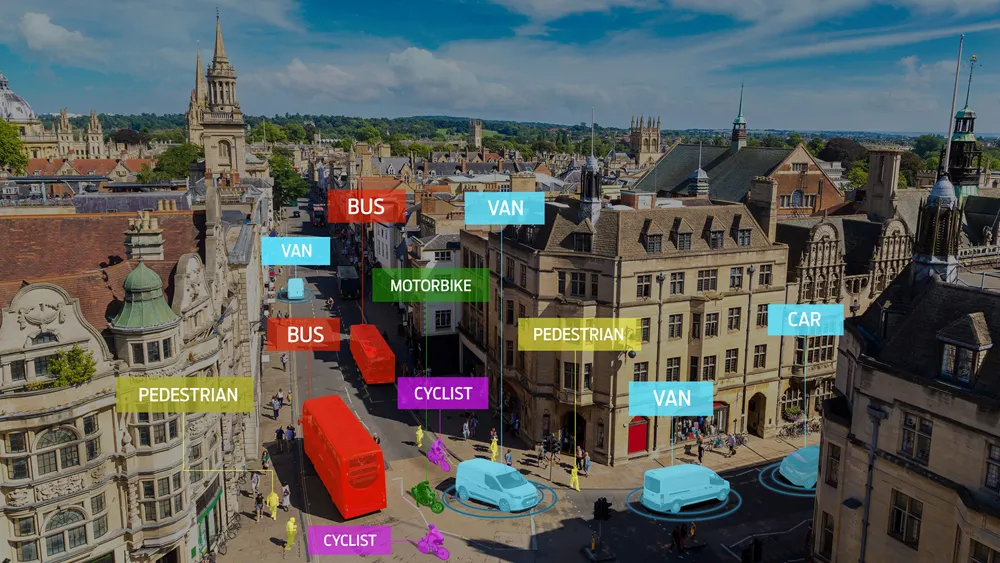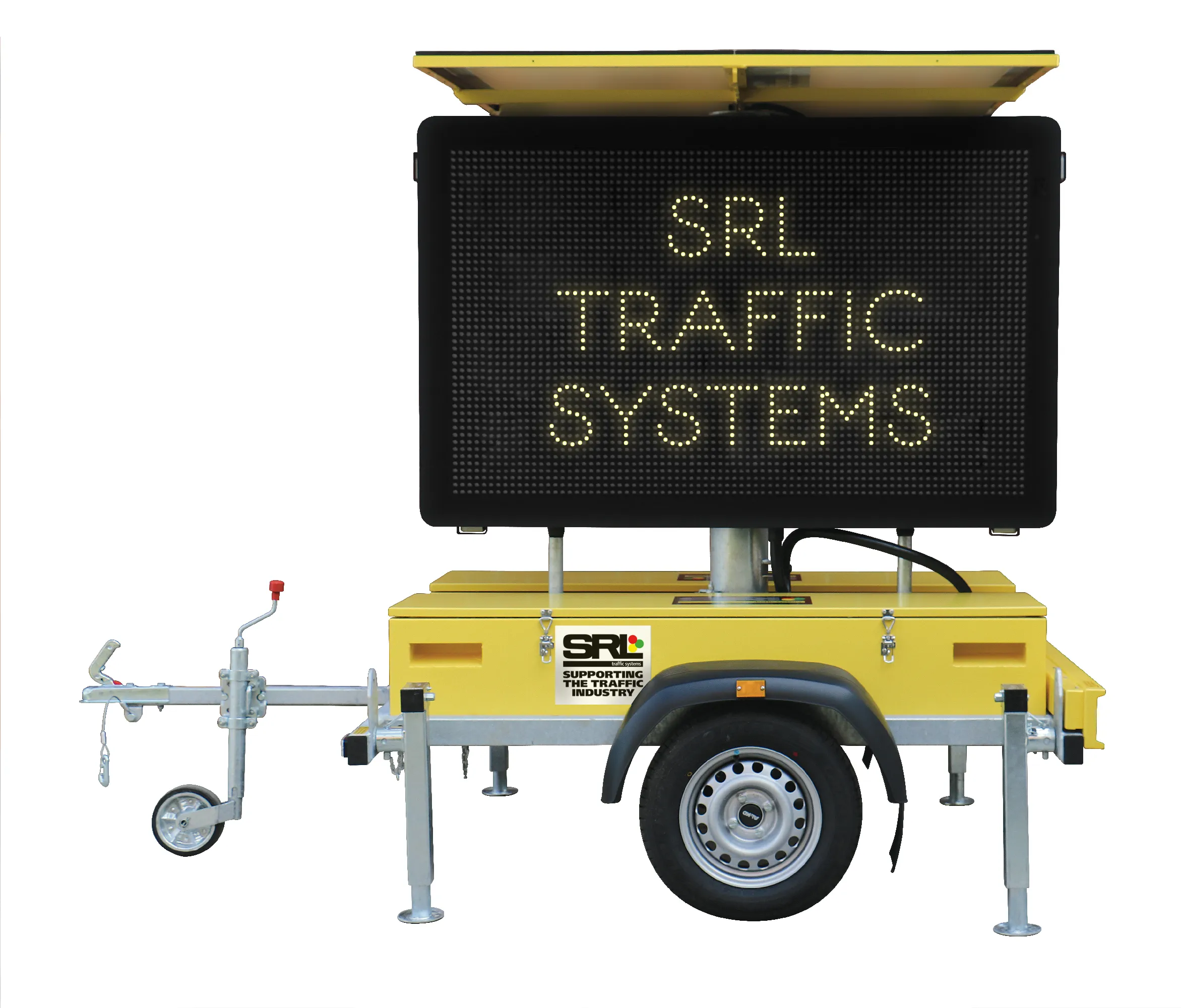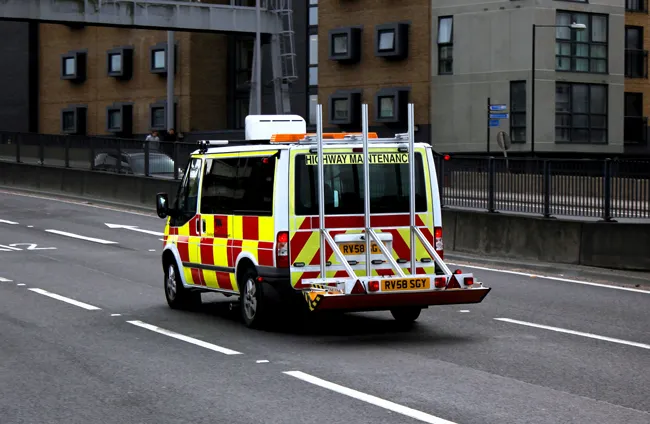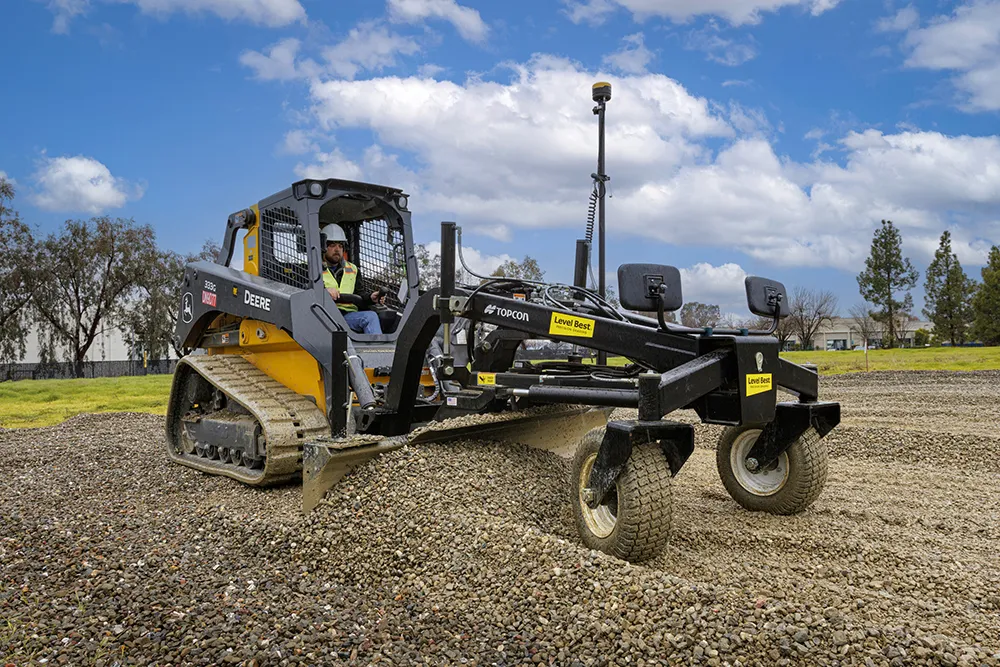
As more cyclists and pedestrians use junctions originally designed to prioritise cars and other vehicles, there is a need to look carefully at exactly who is using the roads and crossings and how they might most safely be able to move around.
“Since the pandemic, commuter trends and traffic hotspots have changed completely and cities need AI to help protect people no matter what mode of transport they take,” said Mark Nicholson, chief executive of Vivacity Labs. “Our vision is to help cities implement critical policies addressing safety, air quality, sustainable travel and congestion at a hyper-local level.”
Manchester’s programme - which won the Innovative Use of Technology award at the 2020 ITS (UK) Awards - uses sensors with inbuilt artificial intelligence (AI) to help Transport for Greater Manchester (TfGM) to anonymously identify different types of road users at selected junctions.
By knowing what modes of transportation are present at a junction, traffic signals can be altered to prioritise some modes of transportation over others, such as cyclists over pedestrians and vehicles.
The AI signal control system, which Vivacity says is the first of its kind, went live last year and now simultaneously controls three neighbouring junctions in the Blackfriars area of Salford.
Manchester’s project is part of a three-year Innovate UK programme that could see up to 20 junctions using the Vivacity system by the end of 2021.









